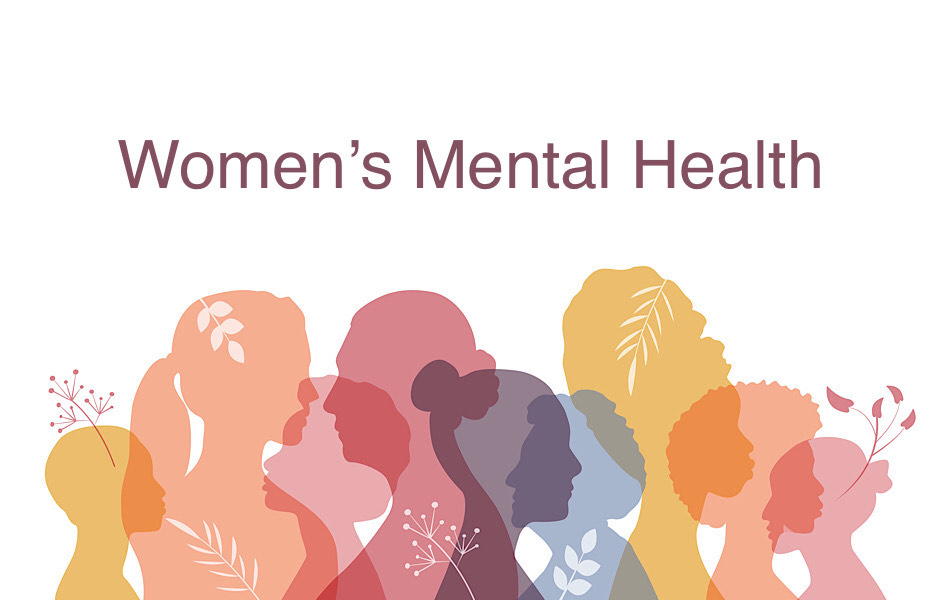Schizophrenia is a complex and chronic mental disorder that affects millions of people worldwide. It is characterised by a combination of symptoms that include hallucinations, delusions, disorganised thinking, and impaired social functioning. While there is currently no known cure for schizophrenia, there are effective treatments available that can help individuals manage their symptoms and improve their quality of life. In this article, we will delve into the question of whether schizophrenia can be cured and explore the most effective treatments for this condition.
Understanding Schizophrenia
Schizophrenia is a chronic condition that requires long-term management. It is caused by a combination of genetic, environmental, and neurochemical factors. The symptoms of schizophrenia can be debilitating and can significantly impact an individual’s ability to function in daily life. However, with the right treatment and support, many individuals with schizophrenia can lead fulfilling and productive lives.
The five traditional subtypes, which are still used to help explain the various forms of the disease, are:
- Paranoid. Marked by hallucinations, delusions, disorganised speech, concentration problems, and poor impulse control and emotional management
- Hebephrenic. No hallucinations or delusions, but speech disturbances, disorganized thinking, difficulties with daily functioning and flat affect (the inability to display emotions)
- Undifferentiated. The presence of symptoms from more than one subtype
- Residual. Less-intense symptoms displayed by someone who has had one or more previous episodes of schizophrenia, such as slowed speech, poor hygiene, and flattened affect (little ability to display emotions)
- Catatonic. Marked by mimicking behavior or maintaining a stupor-like condition
The causes of schizophrenia aren’t well understood, though it appears that a combination of factors may increase the chances that a person will develop the disease. The factors include:
- Physical. A change in certain neurotransmitters may trigger schizophrenia, and research suggests that sight differences in brain structure may also play a role.
- Genetics. Having a first-degree relative with schizophrenia significantly increases a person’s odds of developing the condition. No single gene has been identified as the main one responsible, but a combination of gene abnormalities may raise the risk.
- Psychological. For people who may be vulnerable to schizophrenia, major stressful life events — physical or emotional abuse, divorce, job loss — may trigger the condition. Similarly, drug abuse may bring on symptoms in some individuals.
Schizophrenia Can It There a Cure?
While there is currently no known cure for schizophrenia, there are treatments available that can help manage the symptoms and improve the quality of life for individuals with this condition. It is important for individuals with schizophrenia to work closely with mental health professionals to develop a personalised treatment plan that includes a combination of medication, therapy, and support services. These treatments can help reduce symptoms, prevent relapses, and enhance overall functioning. It is important to remember that the goal of treatment is to manage the symptoms and improve the individual’s quality of life, rather than seeking a complete cure.
Remember, if you or someone you know is struggling with schizophrenia, it is important to reach out to a healthcare professional for guidance and support.
Medication-Based Treatments
Antipsychotic medications are the primary treatment for schizophrenia. These medications work by reducing the severity of symptoms, such as hallucinations and delusions. There are two main types of antipsychotic medications: typical and atypical.
- Typical antipsychotics, such as haloperidol and chlorpromazine, are older medications that effectively target positive symptoms but may have more side effects.
- Atypical antipsychotics, such as risperidone and olanzapine, are newer medications that not only address positive symptoms but also have a positive impact on negative symptoms and cognitive impairments.
It is crucial for individuals with schizophrenia to work closely with their healthcare provider to find the right medication and dosage that provides the best symptom management with minimal side effects.
Psychosocial Interventions
Medication, psychosocial interventions play a vital role in the treatment of schizophrenia. These interventions aim to improve social functioning, enhance coping skills, and promote overall well-being.
Cognitive Behavioral Therapy (CBT) is one of the most effective psychosocial interventions for schizophrenia. CBT helps individuals identify and change negative thought patterns and behaviours associated with their symptoms. It can help individuals develop coping strategies, improve problem-solving skills, and reduce distressing symptoms.
Family therapy is another important intervention for individuals with schizophrenia. Schizophrenia not only affects the individual but also has a significant impact on their family members. Family therapy focuses on improving communication, reducing stress within the family, and providing education and support for family members.
Supported employment and education programs are also beneficial for individuals with schizophrenia. These programs help individuals find and maintain employment or pursue educational opportunities. They provide support, skill-building, and accommodations to help individuals succeed in their chosen field.
Additionally, peer support groups offer a safe and understanding environment for individuals with schizophrenia to share their experiences, receive support, and learn from others who have similar challenges. These groups can provide a sense of belonging and reduce feelings of isolation.
Holistic Approaches
Traditional treatments, some individuals with schizophrenia find benefit from holistic approaches that focus on overall wellness. These may include lifestyle modifications such as regular exercise, healthy eating, stress reduction techniques, and complementary therapies like yoga, meditation, and acupuncture. While these approaches may not replace medication and psychosocial interventions, they can complement traditional treatments and promote overall well-being.
In Summary
While there is currently no cure for schizophrenia, effective treatments are available that can help individuals manage their symptoms and improve their quality of life. Medication-based treatments, psychosocial interventions, and holistic approaches all play a crucial role in the treatment of schizophrenia. It is important for individuals with schizophrenia to work closely with their healthcare providers to develop a comprehensive treatment plan that addresses their unique needs and goals. With the right support and treatment, individuals with schizophrenia can lead fulfilling and meaningful lives.


